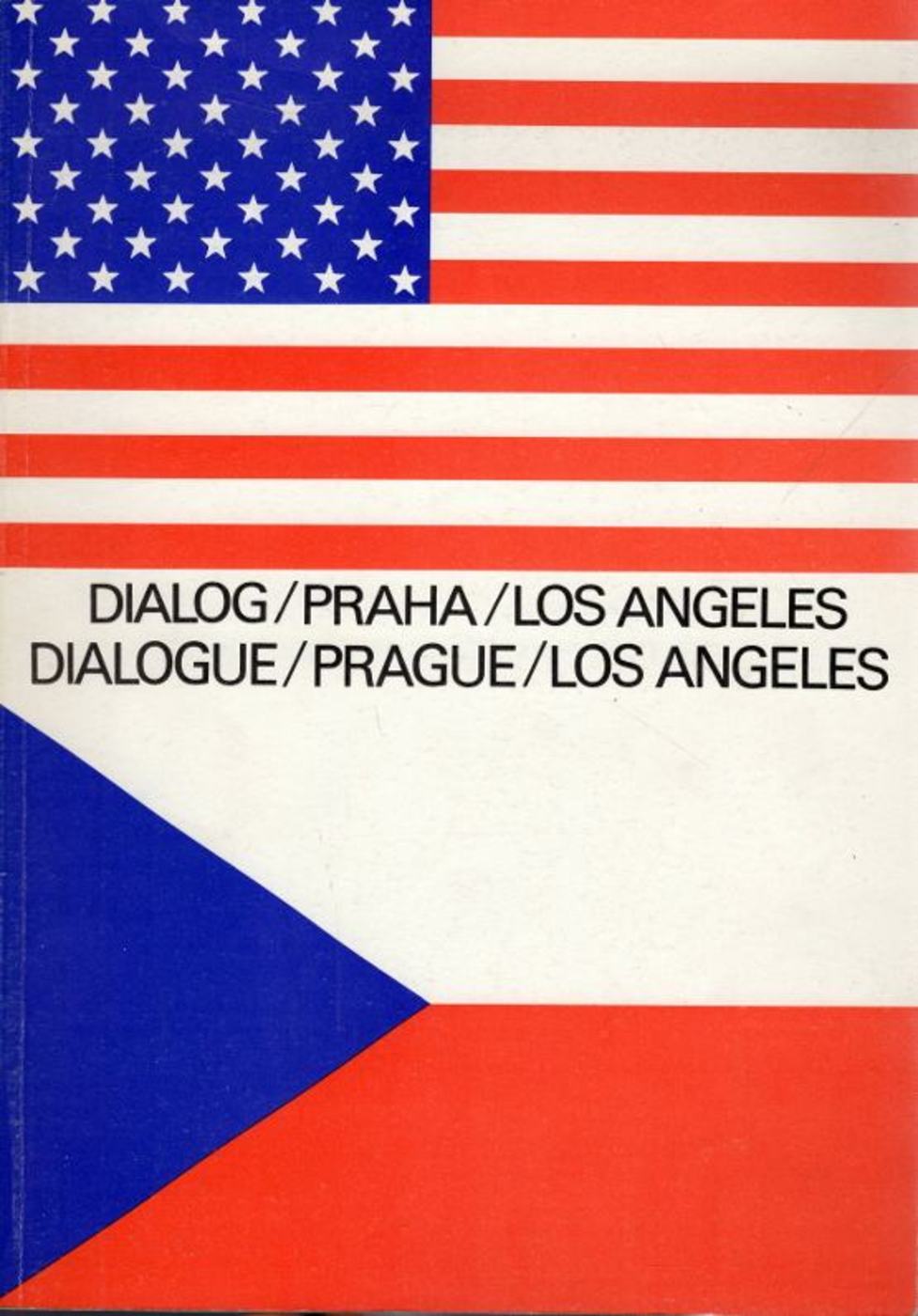Dark Places by Santa Monica Museum of Art
The Santa Monica Museum of Art presents Dark Places, conceived and curated by Joshua Decter, with an installation design by the architectural collective servo. An experimental group exhibition, Dark Places features the digitized works of 76 international artists and architects, organized into eight curatorial scripts. The show is comprised of the simultaneous interplay of eight distinct micro-exhibitions. These sequences of works are displayed via eight projector units incorporated within a translucent architectural armature suspended in the museums space. Relationships among art, architecture, media, and technological design are reanimated here, generating a new kind of immersive environmentthe hallucination of a futuristic noir scenario inside the frame of the museum. Dark Places explores interconnections between memory and social space, proposing that traces of events, and their psychological consequences, are scripted into the fabric of our physical environment. Artists and architects from diverse cultural locations and ideological perspectives were invited to reflect upon a number of interrelated questions: What are the atmospheric, psychological, and political conditions that inflect our constructed environments? How do we navigate the ambiguous, enigmatic territories of social space and media culture, particularly in regard to traumatic events? At once linear and non-linear, there is no beginning, middle, or end to the exhibition; Dark Places is rhizomatic, in constant motion, a vibrating mosaic of digitized paintings, videos, architecture, animation and other media. The show is conceived as mobile and mutable, its network of participating artists and architects meant to expand as it travels to other contexts. Participants: Vito Acconci/Acconci Studio, Franz Ackermann, Francis Alÿs, Michael Ashkin, Jaime Ávila Ferrer, Dennis Balk, Matthew Barney, Judith Barry, Thomas Bayrle, Julie Becker, Douglas Blau, Monica Bonvicini, Daniel Bozhkov, Mark Bradford, Miguel Rio Branco, Troy Brauntuch, Candice Breitz, François Bucher, Sophie Calle, Eduardo Consuegra, Jordan Crandall, Teddy Cruz, Jonas Dahlberg, Stephen Dean, Anne Deleporte, Diller Scofidio, Sam Durant, Anna Gaskell, Douglas Gordon, gruppo A12, Fariba Hajamadi, Pablo Helguera, Noritoshi Hirakawa, Julian Hoeber, Emily Jacir, Christian Jankowski, Vincent Johnson, Mitchell Kane, Joachim Koester, Glenn Ligon, Dorit Margreiter, Fiorenza Menini, John Miller, Muntadas, Paul Myoda, Yoshua Okon, Catherine Opie, Lucy Orta, Hirsch Perlman, Raymond Pettibon, Richard Phillips, Richard Prince, Raqs Media Collective, Alexis Rockman, Julian Rosefeldt, Aura Rosenberg, Peter Rostovsky, Sam Samore, Paige Sarlin, Julia Scher, Gregor Schneider, Allan Sekula, Andres Serrano, Nedko Solakov, Doron Solomons, Wolfgang Staehle, Javier Téllez, Anton Vidokle, Eyal Weizman/Nadav Harel, James Welling, Wim Wenders, Judi Werthein, Charlie White, Måns Wrange, Jody Zellen, and Heimo Zobernig.
Joshua Decter is a New York-based curator, writer and art/architectural historian. His curatorial projects include Televisions; Transmute (The Museum of Contemporary Art, Chicago, 1999); Heaven: Public View/Private View (PS1, 1998); and a/drift (The Center for Curatorial Studies Museum, Bard, 1997).
Established in 1999 and based in Los Angeles, servo (www.s-e-r-v-o.com) has been featured in the Venice Biennale 2003; and New Hotels for Global Nomads (The Cooper-Hewitt National Design Museum, 2002). The principal partners in servo are David Erdman, Marcelyn Gow, Chris Perry, and Ulrika Karlsson.




